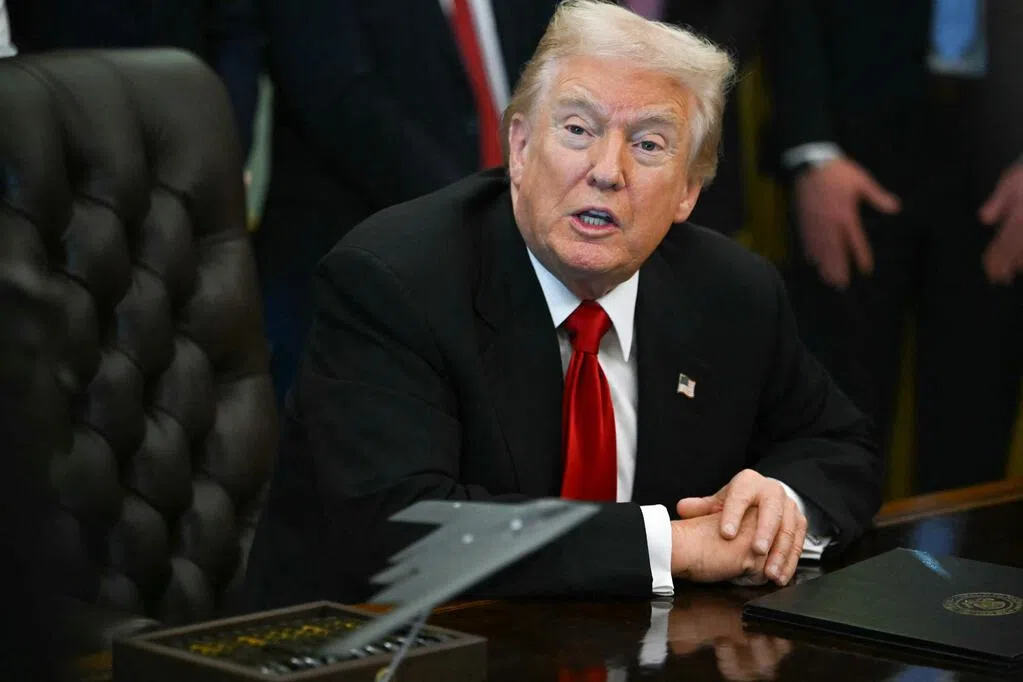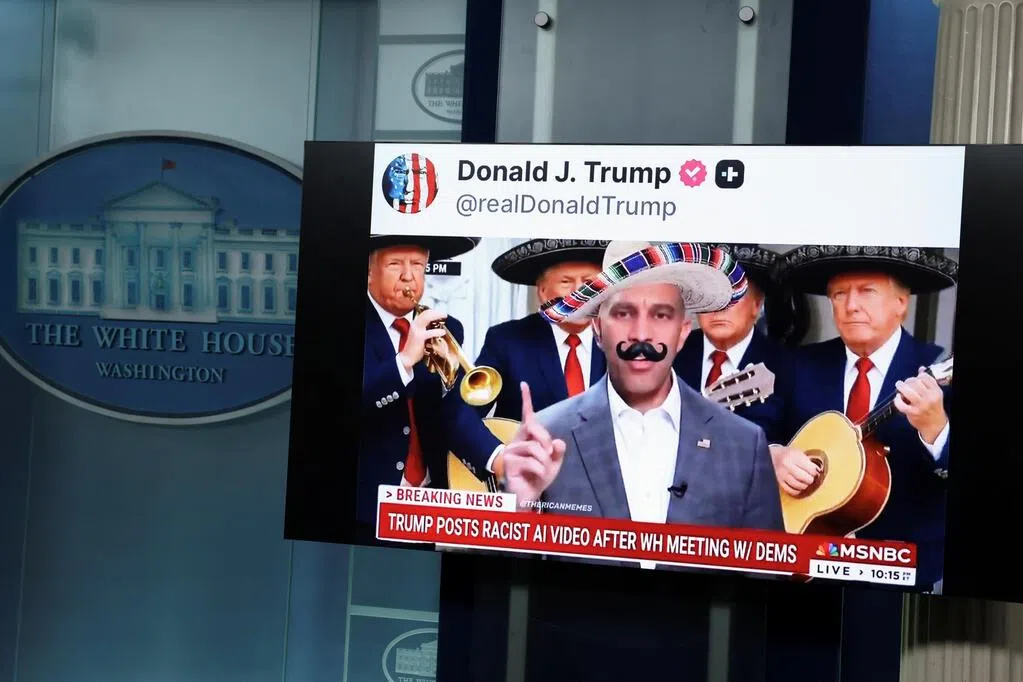(Washington, D.C.) As the U.S. Supreme Court hears the legality of federal tariffs, President Trump again defended his tariff policy, saying that tariff revenue could be used to distribute at least $2,000 (approximately S$2,603) in bonuses to most Americans.
Trump posted on his Truth Social media platform on Sunday (November 9th), stating that tariffs bring substantial revenue. He said the government will soon begin paying off the national debt.
In his post, he said, “Those who oppose tariffs are fools! We are now the richest and most respected country in the world, with near-zero inflation and record-high stock markets. Everyone will receive at least $2,000 in bonuses (except for high-income earners!).”
In fact, the U.S. annual inflation rate is projected to rise to 3% in September 2025, the highest since January.
Trump did not provide further details regarding the distribution of the bonuses, such as who is eligible. U.S. media reports that Trump has repeatedly touted this idea but has never implemented it.
Further Reading


Earlier this year, Trump stated that the government could use funds saved from budget cuts and layoffs through the Department of Government Efficiency (DOGE), then led by Musk, to distribute subsidies. In October, Trump reiterated his idea of distributing $1,000 to $2,000 in subsidies to the public during an interview, boasting that he predicted annual tariff revenue would exceed $1 trillion.
U.S. Treasury Secretary Bessant, in an interview with ABC on Sunday, said that Trump's proposed tariff bonus could be realized through previously signed tax cuts.
Bessant said he had not yet discussed the tariff bonus with Trump, but indicated that the $2,000 bonus could take various forms, such as tax exemptions for tips and overtime pay, and Social Security benefits.
Trump's post also mentioned that the U.S. is "receiving trillions of dollars in revenue and will soon begin paying off our massive $37 trillion debt."
In response, Bessant said, "We could gain trillions of dollars in revenue over the next few years. But the real goal of tariffs is to rebalance trade and make it fairer."
On November 5, the U.S. Supreme Court began hearing the legality of Trump's invocation of the International Emergency Economic Powers Act to impose large-scale retaliatory tariffs on global trading partners. Most justices, including both conservatives and liberals, questioned the legality of his actions, arguing that they violated Congress's power.
Trump warned that if the tariff policy were overturned, the U.S. would suffer a major blow, and "the whole world would be plunged into a recession."



